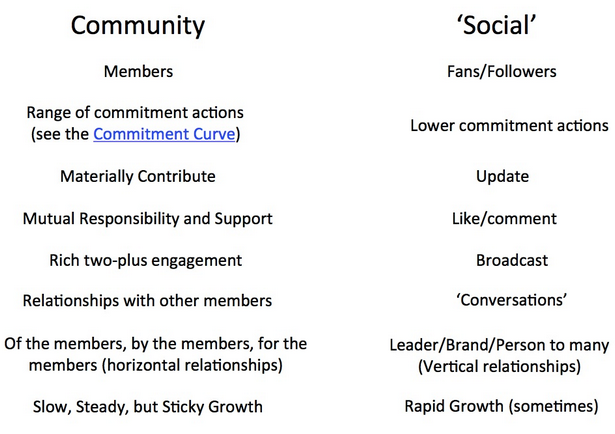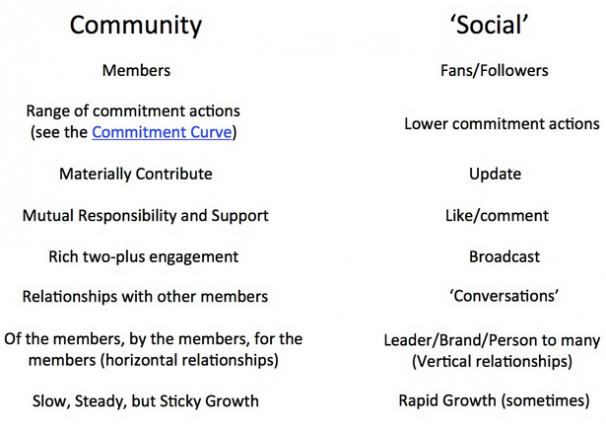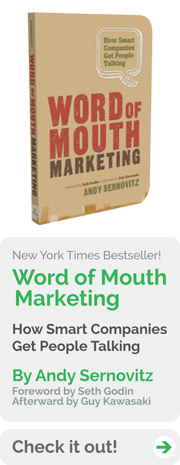This is a guest post from Douglas Atkin, CEO at The Glue Project and author of “The Culting of Brands.”
I’ve been working with a big online content brand where the very smart and well-informed people who work there often use the terms “social” and “community” interchangeably. I’d like to propose that they’re not the same. The type of behaviors that you see in a highly-functional community are not the norm on the likes of Facebook, Twitter, and Pinterest.
And this is important because if you have the same expectations of those platforms as you might of a highly-functional community — things like intense loyalty, material contributions, and participation and proselytizing by it’s members — then you’re likely to be disappointed.
Here’s my summary of some of the differences:

Strictly speaking, you do see community behaviors on those social platforms if you take the rather limp definition of community found in most dictionaries: something along the lines of “a group of people who share something in common.”
On Facebook, we often share the fact that we’re already friends in the real world, or friends of friends, or are family and we can conveniently share our latest activity, pictures, or videos. Or on Twitter we might share someone’s worldview or like their content.
That’s fine. But I’ve found it useful to use a more exacting definition of community. One where members join because they get support, get to change something, learn something, or do something together. And as a result, are highly committed to the community and prosletyze it to others.
Here’s a member of a community that I talked to last week that’s hosted by this brand. Listen to the benefits she gets and the emotional commitment she has to the community:
“There isn’t a community like it in the U.S. I was relieved I didn’t have to walk alone. I hoped to find understanding… I found it. I’ve made some very good friends… we truly support each other. It’s not just support… we’ve moved on from that to true friendship. It’s all about trust and having a safe place.”
This community is about health… so you’re likely to hear the benefits of true community expressed this way. But we’d hear the same kind of sentiments used by members of Meetup groups about extreme frisbee, fashion, or hiking when we’d gatecrash them around the country — just expressed in not quite such emotive terms.
About Douglas Atkin
Douglas believes that community is the engine of loyalty -- to companies, brands, religions, causes, sports teams, whatever -- and that social glue is generally a good thing. He works with organizations to create to create stronger glue through better community platforms and programs. He does this through his venture: The Glue Project.
- Web |
- More Posts (12)



